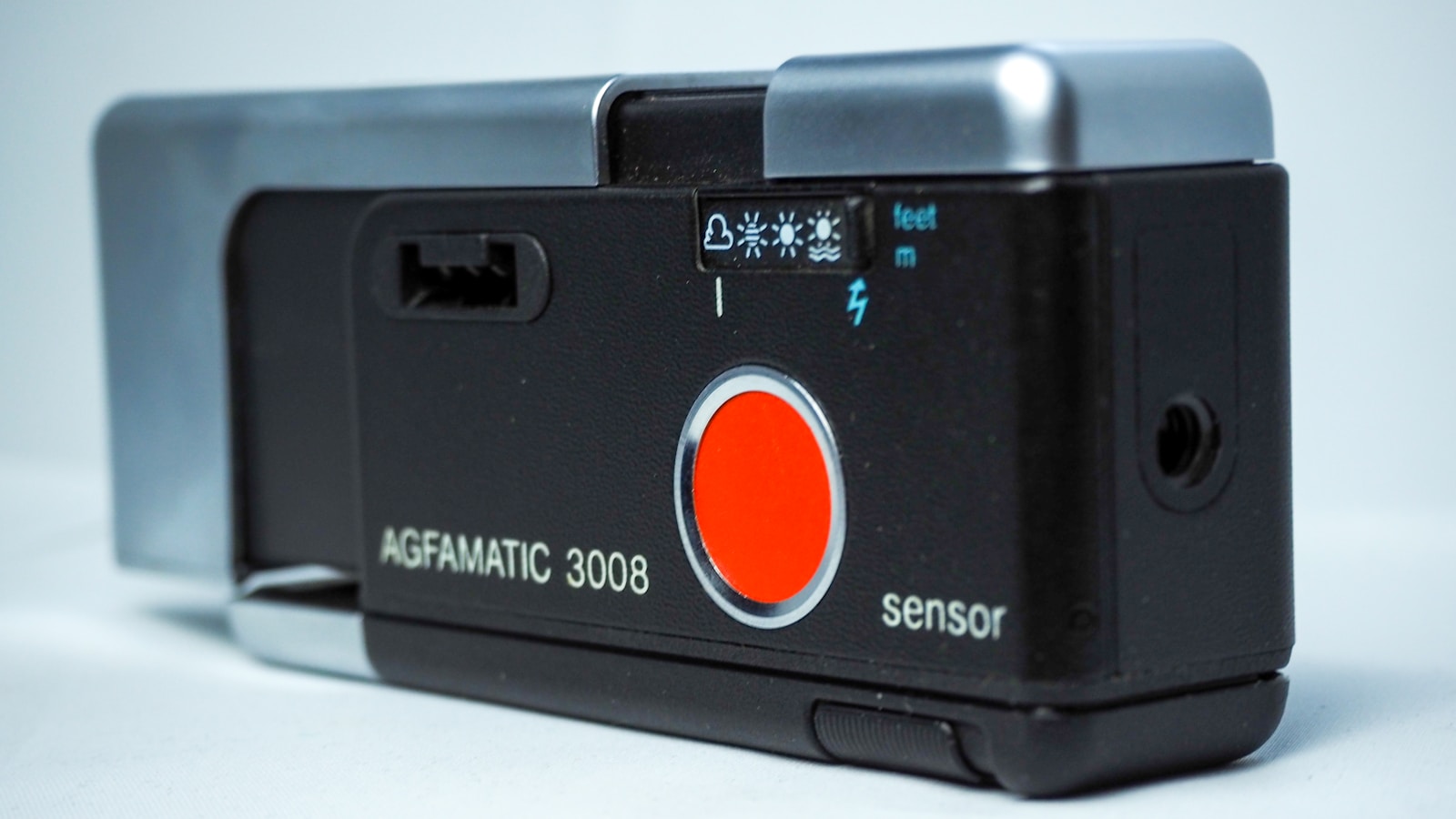
便宜
pián yí

cheap
The Chinese word '便宜' (pronounced as 'pián yí') is used to describe something that costs little money or less than usual. For example, if you want to say 'This shirt is cheap', you would say '这件衬衫很便宜' in Chinese.
Example sentences using: 便宜
這個衣服很便宜。
Zhègè yīfú hěn piányí.

This dress is very cheap.
In this sentence, '便宜' is used to describe the low cost of the dress.
這家餐廳的食物很便宜。
Zhè jiā cāntīng de shíwù hěn piányí.

The food in this restaurant is very cheap.
Here, '便宜' is used to highlight the low cost of the food in the mentioned restaurant.
他賣的東西都很便宜。
Tā mài de dōngxī dōu hěn piányí.

The things he sells are very cheap.
In this example, '便宜' describes the low price of items that he sells.
便宜的東西不一定好。
Piányí de dōngxī bù yídìng hǎo.

Cheap things are not necessarily good.
This phrase uses '便宜' to describe things that are inexpensive and points out that they may not always be good in quality.
我喜歡去便宜的市場購物。
Wǒ xǐhuān qù piányí de shìchǎng gòuwù.

I like to go shopping in cheap markets.
'便宜' is used here to describe markets, implying that items there are priced at a lower cost.
他給我買了一個便宜的禮物。
Tā gěi wǒ mǎi le yīgè piányí de lǐwù.

He bought me a cheap gift.
'便宜' is used here to describe the gift that is inexpensive.
便宜的產品可能質量不好。
Piányí de chǎnpǐn kěnéng zhìliàng bù hǎo.

Cheap products might be poor in quality.
In this phrase, '便宜' is used to reference inexpensive products, suggesting that they might be lacking in quality.
我希望找到一個便宜的住宿。
Wǒ xīwàng zhǎo dào yīgè piányí de zhùsù.

I hope to find a cheap accommodation.
In this sentence, '便宜' is used to describe an inexpensive accommodation.
便宜的旅行套餐往往吸引大量的旅客。
Piányí de lǚxíng tàocān wǎngwǎng xīyǐn dàliàng de lǚkè.

Cheap travel packages often attract a large number of tourists.
Here, '便宜' is used to describe travel packages that are inexpensive and therefore attract a lot of tourists.
我們可以找到更便宜的票。
Wǒmen kěyǐ zhǎo dào gèng piányí de piào.

We can find cheaper tickets.
In this sentence, '便宜' is used to describe the tickets that can be found at a lower price.